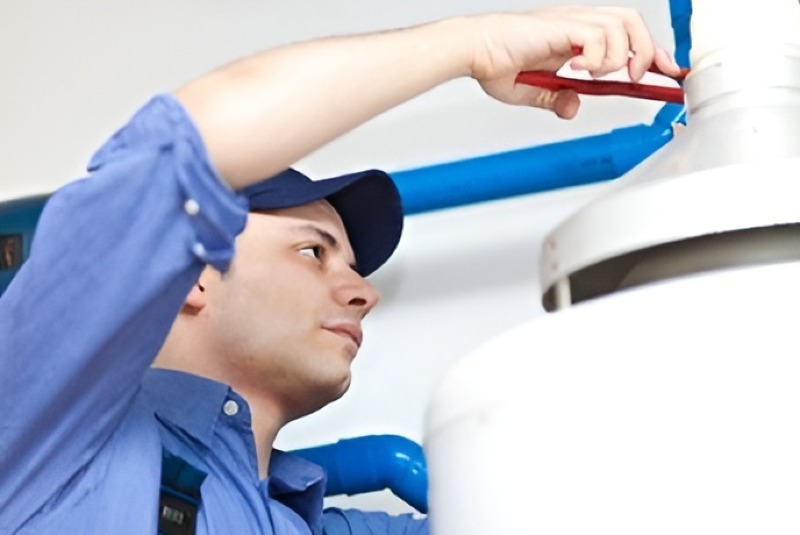1/24/2025 5:16 PM

Handling a faulty water heater can be a vexing situation, yet prior to thinking about hiring a professional, there are various DIY measures you can attempt to address typical problems. Whether it's chilly water flowing when you expect warmth or strange noises coming from the appliance, these suggestions could assist in saving you both time and money on water heater repair.
To begin with, when experiencing low hot water, it’s crucial to examine the thermostat configurations. The majority of homes require settings modified to 120 degrees Fahrenheit for best performance. If temperature settings seem incorrect, it may be essential to recalibrate your water heater thermostat for efficient water heater repair.
Sometimes, inadequate hot water or ongoing low temperatures may be due to defective heating components. Electric water heaters, especially, might need the replacement of either the upper or lower heating element. Make sure the heater is not powered on, then go ahead and check the elements for continuity with a multimeter. This phase in your DIY water heater repair frequently reinstates normal operation after replacing damaged components with new ones.Unusual sounds such as pops or hisses emerging from your unit might indicate a sediment buildup. Sediment takes in heat and may create popping noises. To tackle this, regularly flushing your tank will eliminate deposits, possibly resolving the noise problem without requiring significant water heater repair.
Encountering an error code can be perplexing, yet these codes frequently identify problems specifically. One example of a frequent mistake in electrical units is the ECO (Energy Cut Off) code. This suggests overheating, potentially resulting from a malfunctioning thermostat or elevated sediment levels leading to tank overheating. Refer to your water heater's manual to understand particular codes for efficient water heater repair and quickly identify problems.Finally, verify that your water heater's power supply and fuel sources are operational. Gas heaters need to have their gas lines inspected and, if necessary, relight the pilot light. Electric heaters require confirmation that the circuit breakers are not tripped. Tackling these issues can resolve abrupt interruptions in your water heater repair concerns.Regular maintenance and understanding these fundamental troubleshooting steps can enhance the longevity of your unit, guaranteeing that your water heater repair requirements are reduced over time. Nonetheless, if these approaches do not fix your problem, seeking help from a professional may be required to prevent additional complications.